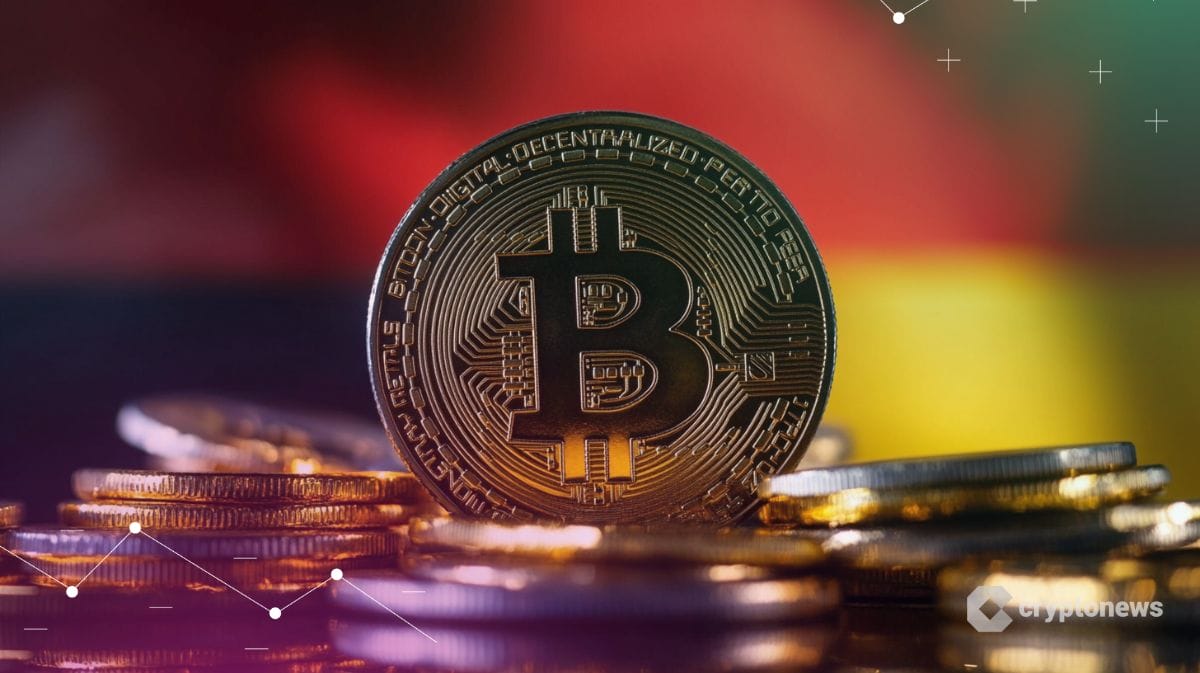Germany’s DekaBank Joins Crypto Market with Institutional-Only Services

DekaBank, the asset manager of Germany‘s Sparkassen-Finanzgruppe, which comprises more than 350 savings banks, has entered the cryptocurrency trading market by offering buying and selling services.
According to DekaBank’s Feb. 24 press release, the service is currently limited to institutional clients, with no concrete plans for retail access.
Bloomberg: DekaBank is entering the buying and selling of cryptocurrencies.
DekaBank operates as the asset manager for the German Savings Banks Finance Group (Sparkassen-Finanzgruppe).
Service is offered to institutional clients only for the time being. pic.twitter.com/Dgte2Q3qPv
— André Dragosch, PhD | Bitcoin & Macro (@Andre_Dragosch) February 24, 2025
Crypto Beyond Trading: DekaBank’s Big Play
Beyond simple trading, DekaBank’s announced crypto offering includes professional custody and asset management services.
The bank will act as a commission trader (Kommissionshändler), facilitating cryptocurrency transactions on behalf of institutional clients while ensuring regulatory compliance and secure storage solutions. This expansion follows its successful execution of commission-based trading in payment tokens last year.
“The blockchain is set to fundamentally change the capital market as we know it, both in terms of infrastructure and product demand,” said Martin K. Müller, a board member of DekaBank responsible for banking and custody services, adding: “We have the necessary experience, licenses, and a tested, ready-to-use infrastructure to support savings banks and other institutional clients in this transformation.”
Given the complexities and risks associated with self-custody, institutional clients can rely on DekaBank’s licensed custody infrastructure rather than managing private cryptographic keys themselves. This reduces the risk of loss while ensuring compliance with German and EU financial regulations, the bank said.
DekaBank’s Regulatory Milestones
DekaBank’s move into digital assets follows a series of regulatory milestones.
In December 2024, the institution successfully obtained a crypto custody license under Germany’s Banking Act (Kreditwesengesetz, KWG) from the European Central Bank (ECB) and the Federal Financial Supervisory Authority (BaFin).
Additionally, in mid-2024, DekaBank received a full license for crypto securities registry management, a key component in integrating blockchain technology into traditional capital markets.
DekaBank has also played a role in blockchain-based financial transactions at the European level. Alongside its joint venture SWIAT and the D7 platform, DekaBank participated in the ECB’s trials for settling financial transactions using central bank digital currency (CBDC). These trials included 10 transactions worth €380 million, testing various securities types, transaction roles, and blockchain-based registry models.
German Banks Embrace Crypto Amid Institutional Demand
Germany’s financial sector is undergoing a transformation as traditional banks integrate crypto services.
Once considered a niche asset class, digital assets like Bitcoin (BTC) and Ether (ETH) are now seen as critical components of diversified institutional portfolios.
Institutional investors are seeking secure, regulated entry points into crypto, prompting German banks to expand their blockchain-based services.
A key driver of this shift has been regulatory clarity in Germany provided by BaFin, which established clear licensing requirements for crypto custody and trading.
This has encouraged large banks to collaborate with trusted crypto platforms and explore blockchain technology for financial transactions.
In September 2024, Commerzbank partnered with Crypto Finance, a subsidiary of Deutsche Börse, to offer Bitcoin and Ether trading for corporate clients, addressing institutional needs for secure custodial solutions and compliant trading platforms.
In the same month, DZ Bank, Germany’s second-largest bank by assets and the central institution for approximately 700 cooperative banks, announced a partnership with Boerse Stuttgart Digital. This collaboration aims to provide DZ Bank’s clients with a secure and regulated gateway for retail customers to access digital assets.
In July 2024, Germany’s largest state-owned development bank Kreditanstalt für Wiederaufbau (KfW) issued its first blockchain-based digital bond in the form of a crypto security under the German Electronic Securities Act (eWpG). This makes KfW one of the first issuers of crypto securities in the European banking sector.
The post Germany’s DekaBank Joins Crypto Market with Institutional-Only Services appeared first on Cryptonews.



